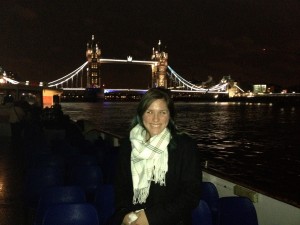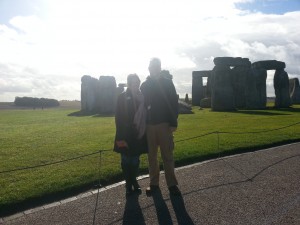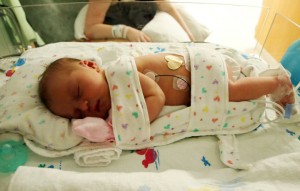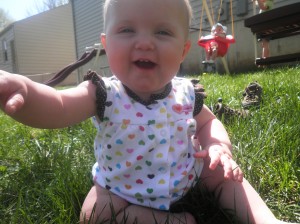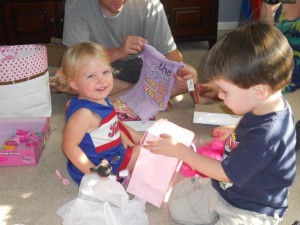Today at the library, the very first question of my roving shift came from a young woman. “Can I use your phone?” she asked. I did my usual Wary Phone Questioning. “Is it for a ride? Or do you have an emergency?” I asked.
“I’m sort of homeless and someone’s been mean to me, putting his hands on me to hurt me,” she said. “And I feel like it’s an emergency.”
And so I embarked on a two hour odyssey of our city’s limited social resources. We called over fifteen numbers–each place telling us they were full, no they couldn’t help, but here’s another number–and so on and so forth until we found ourselves given numbers we had already called. An ouroboros of phone numbers, tired volunteers and no vacancy signs. Ultimately, I was no help. I called every number for every temporary housing/homeless shelter/church I could find. And the only one that could take her was too far away for her to reach on foot (since she had no bus fare.) I gave her all the numbers I could, numbers for employment networks and free cell phones and free counseling. I felt like I was made of numbers, as if the only thing I could ever give anyone was numbers and names and addresses and scraps of paper–all flung fluttering into this abyss that could never be filled, not by paper, not by numbers, not by a handful of free meals and a job at Taco Bell and a completed application for Section 8 housing. I just wanted to lay my head against the laptop and scream. If I–with my upbringing filled with preventive health care and parents who sacrificed time and money so I could go to journalism camps and get black belts, with my education and job training in finding resources–couldn’t find one fucking useful thing, how could she ever hope to? Without a phone, without education, without the confidence that comes from a lifetime of love and affirmation?
I handed her the paper of numbers and addresses. “I’m sorry,” I told her. “It’s not enough.” I wanted to say more. I wanted to tell her I was sorry that she never finished high school. I was sorry that she didn’t have parents that cared if she did. I’m sorry that she had to use her body to have a roof over her head. I’m sorry that she had to live with her lizard brain–that portion concerned only with FOOD FEAR SURVIVAL–and that no matter what she did and what choices she made in the future, that her past choices would leave those telltales scars and shadows on her body and on her mind.
Yet. And yet.
At the same time that I racked my brain for different ways to help, at the same time I felt this overwhelming despair and anger at our broken world–at the same time as all of this, I felt a part of myself recoil from her. From her appearance which mirrored her circumstances. From her speech, with its words curled in on themselves, with its stunted sentences, speech that would have been at home in the trailer park I grew up in. From that kicked-dog expression and the way she said “ma’am” after every statement, question or request (how often do we in the middle-class call each other ma’am?) I wasn’t just looking at one woman and at one abyss, but at a systemic problem, at legions of women, bruised and tattered with broken teeth and dreams. I was looking at an abyss that spanned from California to Maine and even if I did help this woman, I could never help the hundreds of thousands (millions?) of others. No amount of money or compassion could ever hope to fill a pit like that and suddenly I found this craven, wormy part of me thinking don’t feed the strays. Don’t give them money–they’ll spend it on drugs or booze. Don’t help them find a job–they’ll just get their first check and walk away. There’s nothing you can do for these kinds of people. They made their bed, now they can lay in it.
Why? Why did this sightless, slimy, scaly part of me rise up? Is it because this woman mirrored my origins? That I still feel like the trailer park and southern Kansas City are these dirty skins that I’ll never quite molt off? Or is it because when we face the abyss of need–of the mewling want of the hungry, the cold, the addicted–that it is easier to let the craven voice do the convincing than start chunking the stones in, hoping to make a bridge?
“I’m sorry it’s not enough,” I told her again.
She thanked me profusely and said I was the first person to be nice to her in a long time, and that I had helped her a lot. And she left and I realized that I had never even asked her name. I had stood next to her for two hours, she had told me painful details about her life, and I hadn’t even bothered to learn her name.
I never even thought about it. I never even thought to ask. Here I was, allegedly the most helpful person she’d encountered in days, and I wasn’t even compassionate enough to extend her that courtesy.
When I got home, I was still pensive. Still upset. And I sat next to my husband, who looked as tired as me.
“I had to watch the full, unedited video of the Columbine shooting in training today,” he said. “They made us listen to the audio too.” He paused, and for a moment we both stared at the television. “Some people are just evil,” he said quietly. “Our whole training today was on stopping school shootings, and it was good but how do you stop people from being sick and violent in the first place?”
I didn’t have any answers for him. How do you stop evil? How do you stop the indifference of a society that wails about giant cups of soda being restricted while people exchange sex for a chance at a warm night’s rest? The cop and the librarian, bound by their total inability to protect the public. To protect them from bullets and illiteracy and the endless cycles of poverty begetting poverty and anger begetting violence. But we still go back to our jobs, day after day. Jobs with frozen salaries. Jobs that are chronically understaffed, that overwork us, and hope that those fluttering pieces of scrap paper and active shooter strategies will at least save someone. That they will build at least one bridge across the abyss.
It’s not enough it’s not enough it’s not enough.
I’m sorry i’m sorry i’m sorry.

